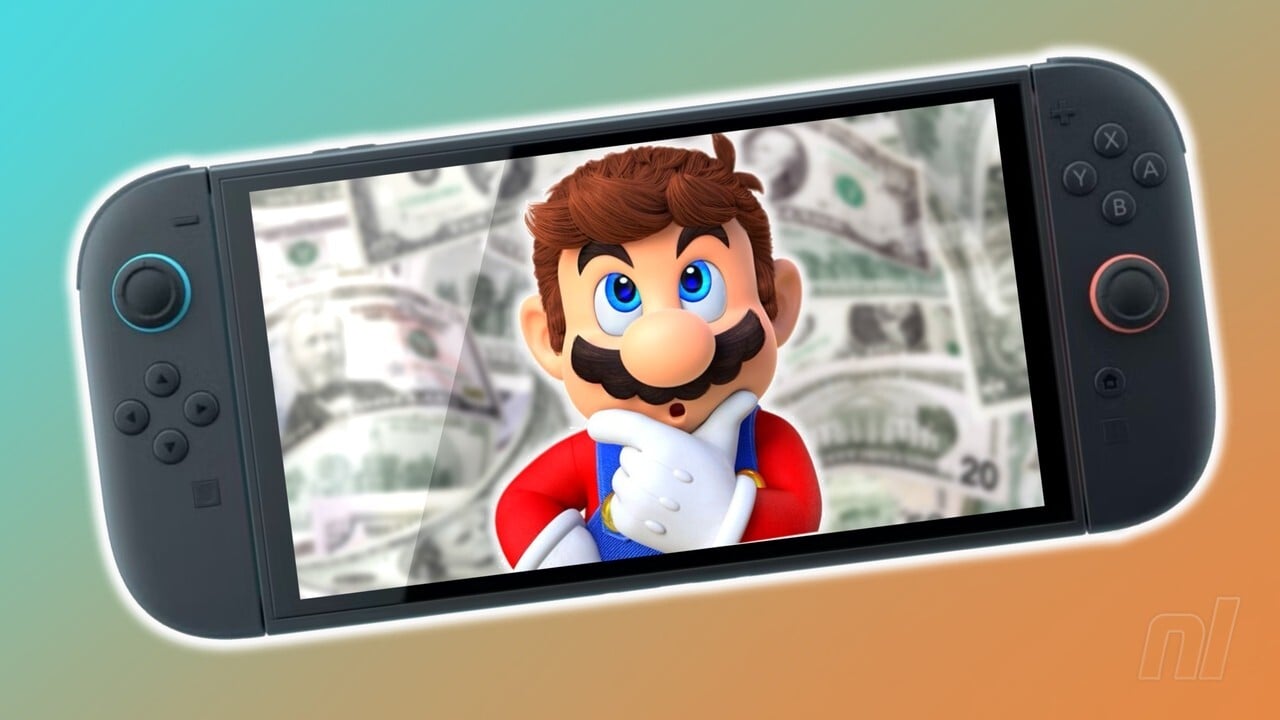

An industry analyst forecasts that Nintendo’s anticipated Switch 2 could be priced at around $399.
Joost van Dreunen, who authored the book ‘One Up – Creativity, Competition, and the Global Business of Video Games’ and co-founded the Nielsen-owned gaming market analysis firm ‘SuperData Research,’ recently shared his insights in the latest edition of his ‘SuperJoost Playlist’ newsletter.
According to Dreunen, setting the Switch 2 at $399 would place it in an optimal pricing tier, balancing affordability with premium features, and positioning it competitively between its rivals and the existing Switch model.
“Considering the current market conditions and strategic positioning, Nintendo is likely to set the Switch 2 price at $399. This figure represents a crucial psychological threshold, allowing for a blend of high-quality hardware and broad market access.
“At this price, Nintendo would preserve its customary profit margins on hardware while offering the Switch 2 at a distinctly lower price than competing premium gaming consoles, yet still above the initial launch price of the original Switch. This approach signifies notable technological improvements without distancing itself from its primary family-oriented audience.”
He further observed that during a time when trade tensions could pose challenges, Nintendo is prioritizing long-term platform sustainability over immediate unit sales. Their focus on backward compatibility and ensuring a smooth transition from the original Switch suggests a strategy aimed at maintaining player loyalty and boosting software attachment rates rather than solely pushing for console sales.
Nintendo’s historical success in sustaining premium prices for its software over the years means it does not rely heavily on its Nintendo Switch Online service as much as competitors like Sony and Microsoft do with their subscription offerings. With the Switch 2 expected to support backward compatibility, Nintendo aims to enhance software revenue and digital user engagement over an extended console lifecycle, similar to the proven success of the current Switch generation.
Finally, Dreunen mentioned that PC handhelds, including devices like the Steam Deck and Asus ROG Ally, are unlikely to significantly impact Nintendo’s market due to their higher price ranges. He indicated that data points to minimal overlap in audiences for these gadgets and Nintendo’s offerings, primarily due to Nintendo’s exclusive selection of first-party games, meaning most enthusiasts of premium PC handhelds are likely to own multiple gaming systems.









